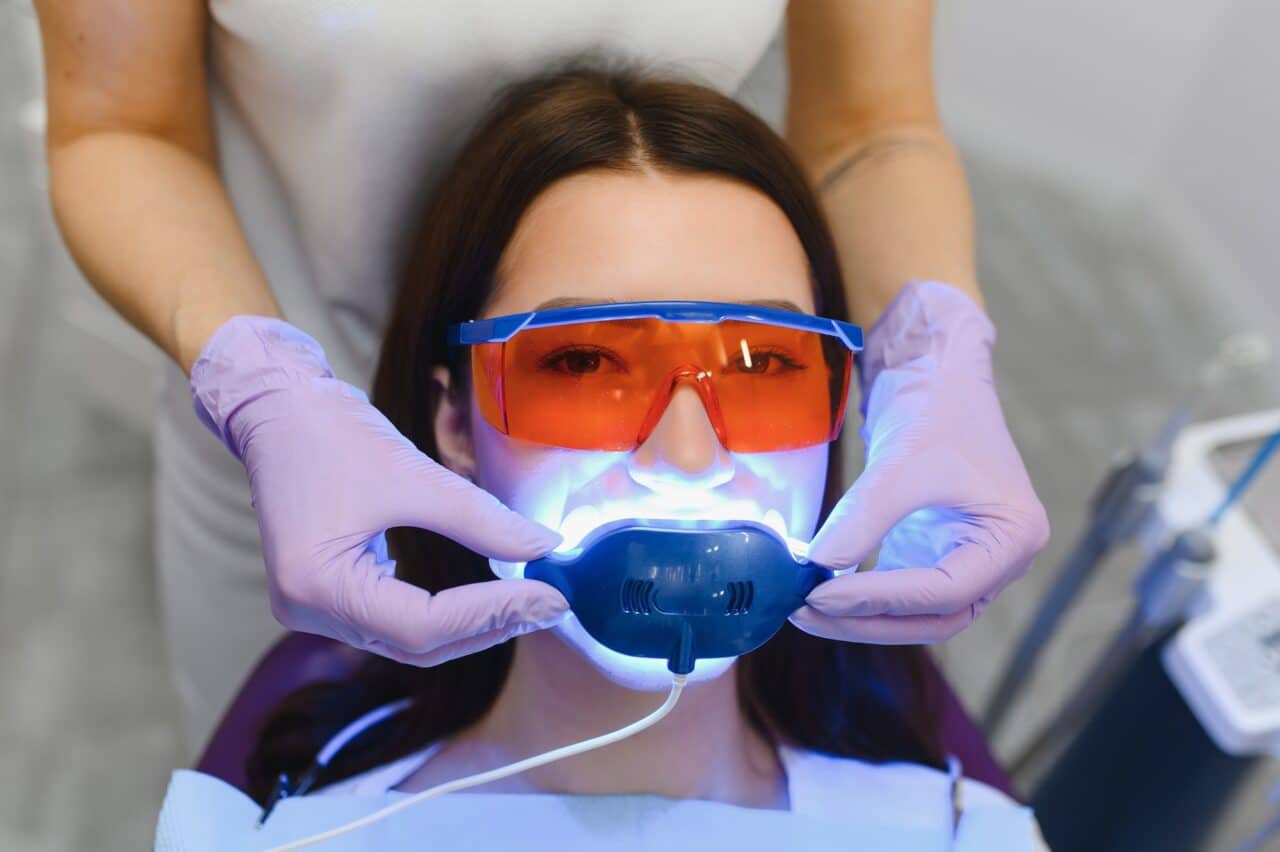Are you concerned that your quest for a brighter smile might be damaging your teeth? The question “does whitening teeth hurt enamel” is one that dental professionals hear frequently, as more people turn to whitening treatments for that picture-perfect smile. While the desire for whiter teeth continues to grow, understanding the relationship between whitening procedures and enamel health has never been more crucial. This article explores the science behind teeth whitening, its effects on your precious enamel, and how to achieve those pearly whites without compromising your dental health.
Understanding Teeth Whitening and Enamel Health
Tooth enamel, the protective outer layer of your teeth, plays a crucial role in preventing decay and sensitivity. As teeth whitening grows in popularity, many wonder: does whitening teeth hurt enamel? The answer lies in understanding how whitening works and using proper techniques.
How Teeth Whitening Works
Professional teeth whitening uses bleaching agents like hydrogen peroxide or carbamide peroxide to penetrate enamel and break down stains. These agents work by oxidizing colored compounds within the tooth structure, resulting in a whiter appearance.
Impact of Whitening on Tooth Enamel
While professional teeth whitening conducted under proper supervision doesn’t typically cause permanent enamel damage, improper use or overuse of whitening products can lead to:
• Temporary enamel softening
• Increased tooth sensitivity
• Gum irritation
• Uneven whitening results
Safe Whitening Practices
To protect your enamel during whitening treatments:
1. Schedule a dental consultation before starting
2. Choose professional treatments over DIY options
3. Follow product instructions carefully
4. Avoid overuse of whitening products
5. Use sensitivity-reducing products as recommended
Professional vs. At-Home Whitening
Professional whitening treatments offer several advantages for enamel protection:
• Customized treatment plans
• Professional-grade materials
• Proper concentration of whitening agents
• Monitored application
• Reduced risk of sensitivity
Risks of DIY Whitening
Over-the-counter whitening products can pose risks when used incorrectly:
• Excessive application
• Improper concentration of bleaching agents
• Uneven coverage
• Increased sensitivity
• Potential enamel damage
Preventing Enamel Damage During Whitening
Follow these guidelines to maintain enamel health:
1. Use dentist-approved products
2. Wait appropriate intervals between treatments
3. Address existing dental issues before whitening
4. Monitor sensitivity levels
5. Maintain good oral hygiene
Signs of Enamel Damage
Watch for these warning signs during whitening:
• Persistent sensitivity
• Visible enamel changes
• Uneven tooth color
• Gum irritation
• Tooth pain
Long-term Enamel Protection
Maintain your white smile while protecting enamel:
1. Use fluoride products
2. Avoid acidic beverages
3. Practice proper brushing technique
4. Schedule regular dental check-ups
5. Use enamel-strengthening toothpaste
For professional teeth whitening services and personalized advice on protecting your enamel, contact The Dentist LV at our office. Our experienced team can help you achieve a brighter smile while maintaining optimal dental health.


